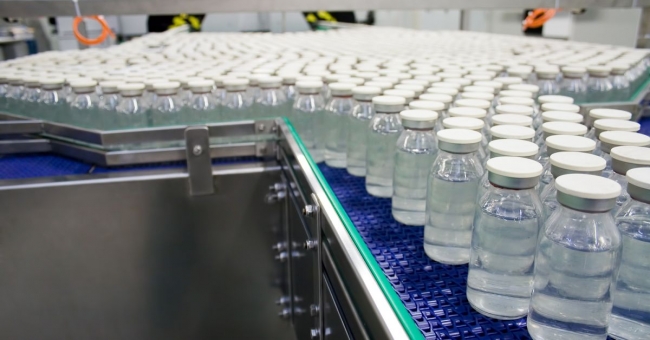Effective Implementation of the Electricity Rebates Initiative will see manufacturers get a 30% tax relief on their electricity expenses.
This will, however, apply on condition that factories increase their energy consumption, raise their capital investment and sales, all by a margin of 10 percent.
Because manufacturing has been identified as a core pillar of the Big Four Agenda, the government is continually trying to create a conducive environment for the sector to grow. And since electricity constitutes a vital part of the sector, efforts to lower its costs have been put in place.
The Electricity Rebates initiative aims to enable firms to produce more for local and export markets, reduce the price for consumer goods, improve competitiveness of locally made products, expand local companies, increase demand for goods and widen the country’s manufacturing base.
All these will, in the long run, increase the manufacturing sector’s contribution to the country’s GDP, which is clearly stipulated in the Big Four Agenda as well as the Vision 2030.
These new regulations follow the amendment of section 15 of the Income Tax Act in 2018, which ultimately provides that 30 per cent of electricity costs incurred by manufacturers will not be taxed.
Other initiatives to curb high electricity prices for manufacturers include the Time of Use (TOU) tariff which encourages manufacturers to use more energy at their off-peak times.
The initiative saw industry savings rise from KSh78.8 million in December 2017 to KSh196.7 million in December 2018. This is because large power consumers got a 50% discount on power used during off peak hours.
However, the rebates will not apply for manufacturers involved in the generation, transmission, and distribution of electrical energy.




